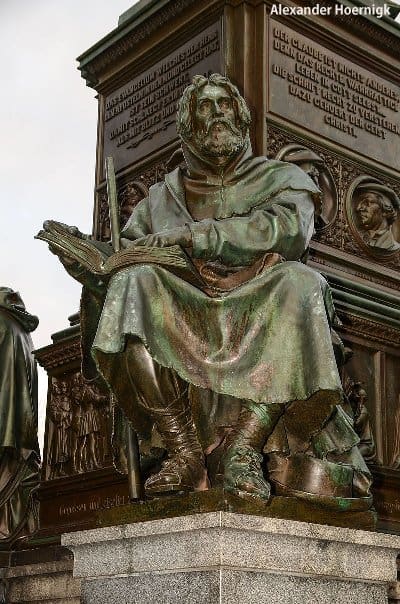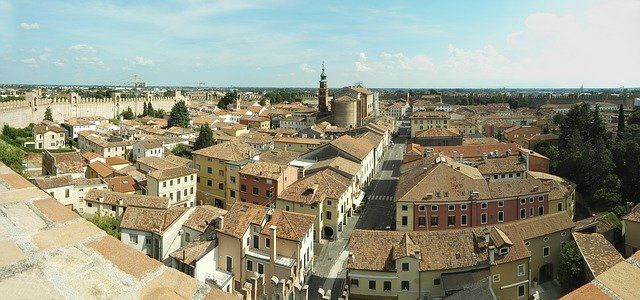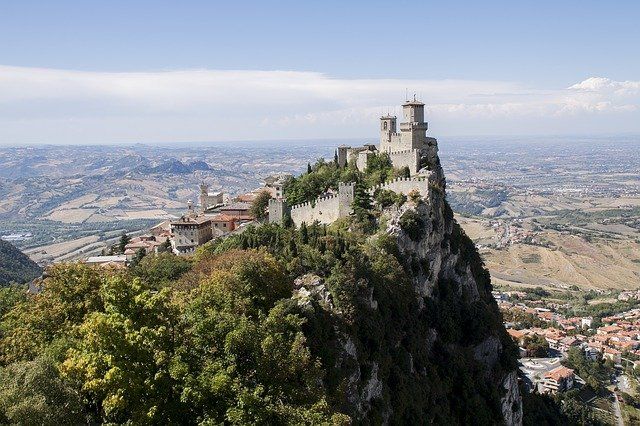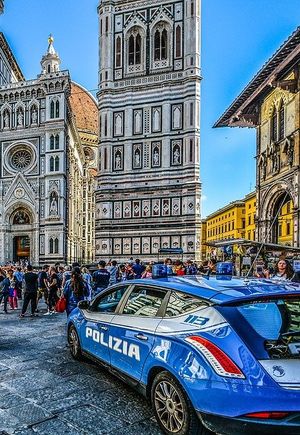In the early nineteenth century Italy was made up of independent nations, such as Sicily and the Papal States. Unification (Risorgimento) was accomplished in 1870, and a monarchy established. The Fascist regime of Mussolini came to power in 1922 and sided with Nazi Germany, plunging Italy into military defeat towards the end of the Second World War. Italy became a democratic republic in 1946 and a founder member of the European Community. Since then it has experienced a succession of weak and unstable governments. Corruption, organized crime, and the disparate social and economic problems of north and south Italy, have compounded the difficulties.
A major destabilizing factor has been the activity of the Mafia. This secret society, which originated in mediaeval Sicily, is involved in the drugs trade, prostitution and racketeering. Recently, leading Italian politicians have been accused of having links with the Mafia, and there is evidence that Mafia tentacles have extended into the Vatican. Drug addiction is an endemic problem in Italian society.
Church history
The gospel reached Italy at a very early stage (Acts 28:14). Over the first six centuries, the church at Rome assumed increasing control over Christian congregations throughout Western Europe. By AD 600 the papacy had amassed considerable Italian territory as well. ‘The Donation of Constantine’ (a forged document, purporting to show that Constantine had donated his lands to Pope Sylvester I) buttressed the Roman Church’s claim to be the legitimate successor of the old Roman Empire. This claim brought centuries of turbulence to Italy.

At the end of the twelfth century, Peter Waldo, a French merchant from Lyons, preached the gospel to Italians in the vernacular. The Waldensians were (in the main) a biblical, preaching movement, which spread throughout central and eastern Europe and became Italy’s sole ‘dissenters’. They survived in Alpine valleys as a persecuted church long after the Italian Reformation had been stamped out.
The Reformation arrived in the 1520s. Its course was foreshadowed in the earlier career of Girolamo Savonarola. After a brief ascendancy, he was martyred at Florence in 1498. By 1565 the church had viciously suppressed Protestantism. Subsequent centuries were periods of almost unrelieved spiritual darkness.
In the eighteenth and nineteenth centuries a few Italian émigrés in Europe were converted to Protestantism. There were some evangelicals present in Italy at the Risorgimento to press the case for freedom of conscience. In the 1860s three Baptist and two Methodist missions were established in Italy. Other missionary societies followed. Yet Protestantism has singularly failed to grip Italian hearts and minds, and Roman Catholicism has remained the dominant influence to this day.
Current situation
Many Italian Protestants claim to be evangelical, but the Waldensians, Methodists and Baptists have succumbed to liberalism and ecumenism. Pentecostals have experienced a rapid increase in numbers, particularly in the south, and it is not uncommon to find Pentecostal churches of a hundred or more members. Many have embraced the excesses of the charismatic movement, while others place a higher priority on biblical teaching. The Pentecostal movement as a whole is Arminian in outlook, as are a number of small independent, non-Pentecostal churches started by missionary societies.
Brethren assemblies in Italy are often small, with as few as seven or eight members, although some congregations number more than sixty. It is reported that over the last twenty years, some Brethren assemblies have begun to teach the doctrines of grace.
Theological training and literature

Until quite recently there has been very little Reformed Christian literature in Italian. There are no Reformed Bible Schools, but in 1988 an institute known as the IFED was formed in the town of Padova. This institute houses a large theological library, produces a theological journal twice a year, and organizes twice-yearly seminars and an annual, Reformed ‘Grace and Truth’ conference. It also runs a study course, meeting monthly. At present there are about thirty men from various parts of northern and central Italy enrolled there.
Opportunities
Gospel opportunities abound in Italy, with many local authorities willing to allow tent campaigns and open-air preaching in towns and villages. Churches have taken advantage of these openings, but many Christians see nothing wrong with the use of rock concerts, mime and drama in evangelism. In 1975 a law was introduced which licensed private local radio stations. Here again churches seized the opportunity, and at one time there were as many as two hundred ‘evangelical’ radio stations. However, they often failed to proclaim the gospel of grace clearly.

Large areas of Italy have little or no gospel witness. For example, in north-east Italy, in an area equivalent to Switzerland in size and population, there are probably no more than a dozen (non-Pentecostal) evangelical churches. Out of a million students in forty-seven different Italian universities, no more than a few hundred attend evangelical Bible studies. Some of the largest universities have no established student witness at all. The small landlocked republic of San Marino (population 24,000) has no known evangelical believers.
The number of Muslims in Italy is increasing. Recently a large mosque has been built just a few hundred metres from the Vatican, its minaret taller than the dome of St Peter’s! Nearly one million immigrants remain unevangelized.
Conclusion
Roman Catholicism has not been the official state religion since 1984. Numbers entering the Catholic priesthood have declined, as has attendance at mass. But increasing disillusionment with Catholicism has not turned into thirst for the truth — a sobering reminder of the depravity of human nature.
One Italian pastor estimates that there are at present less than a thousand Reformed Christians in Italy. While there have been some encouraging recent developments, it remains a country largely untouched by the Reformation and awaiting significant penetration by the gospel. Not since the first-century AD has the gospel of grace been endemic in Italian society; yet what God did in first century pagan Rome, through his Word, he is able to do again today.




